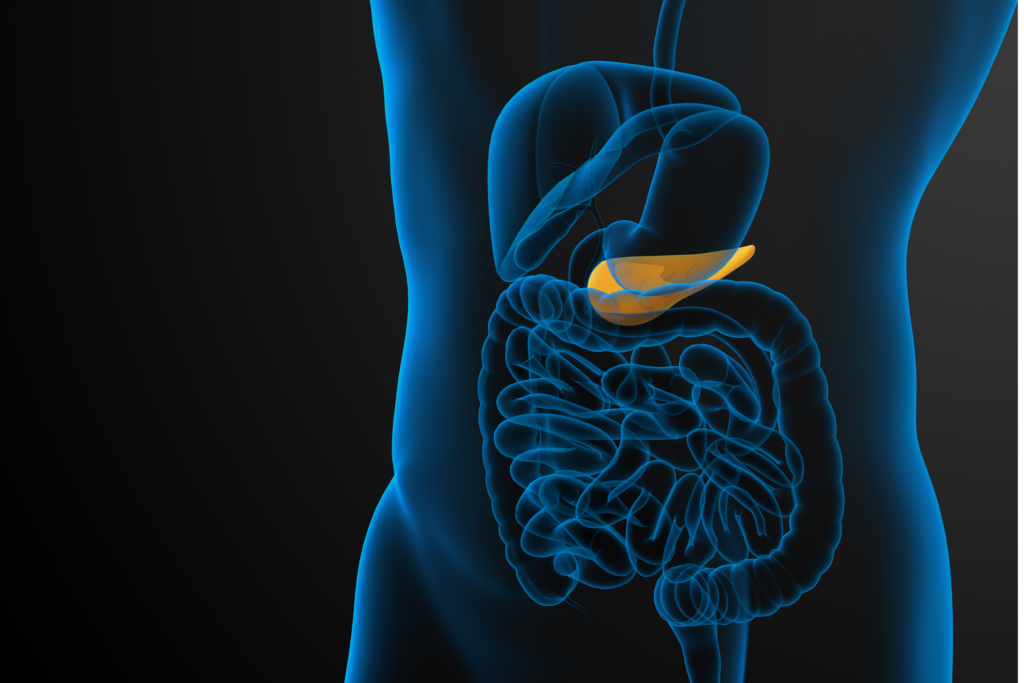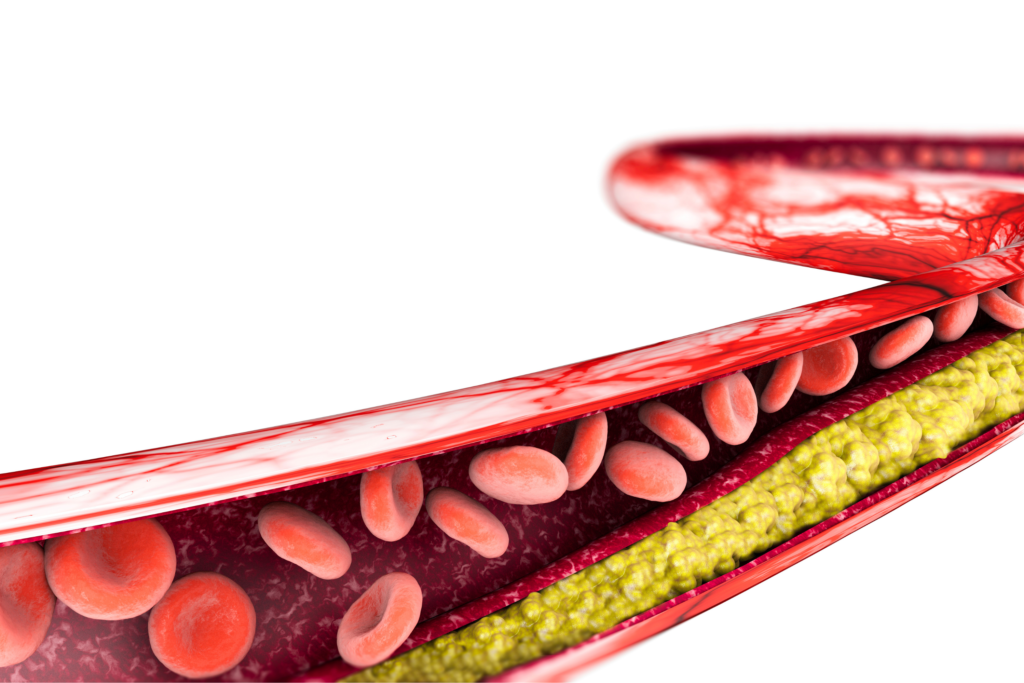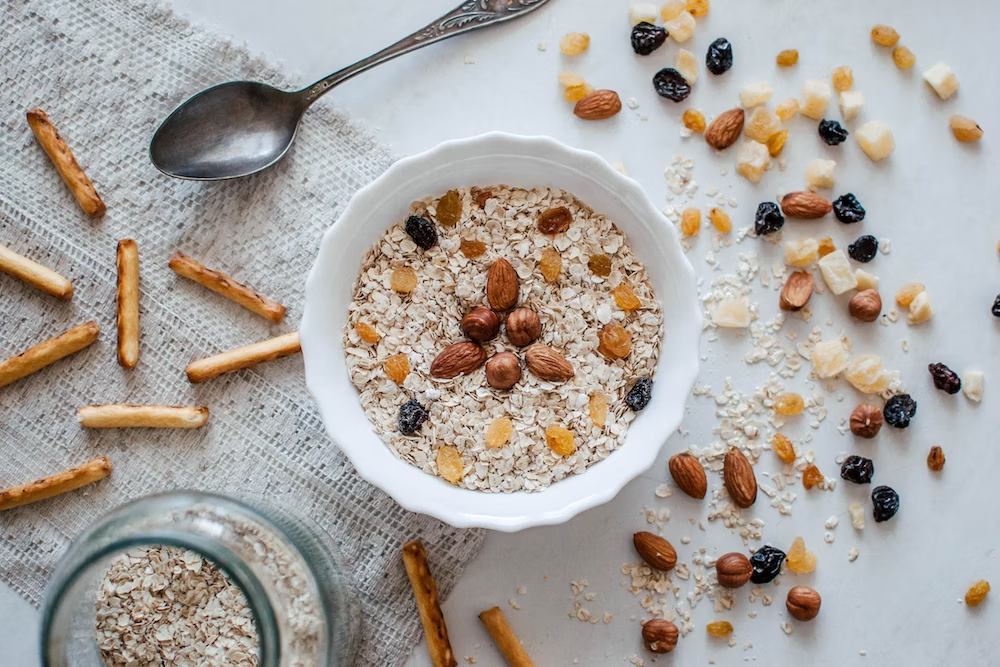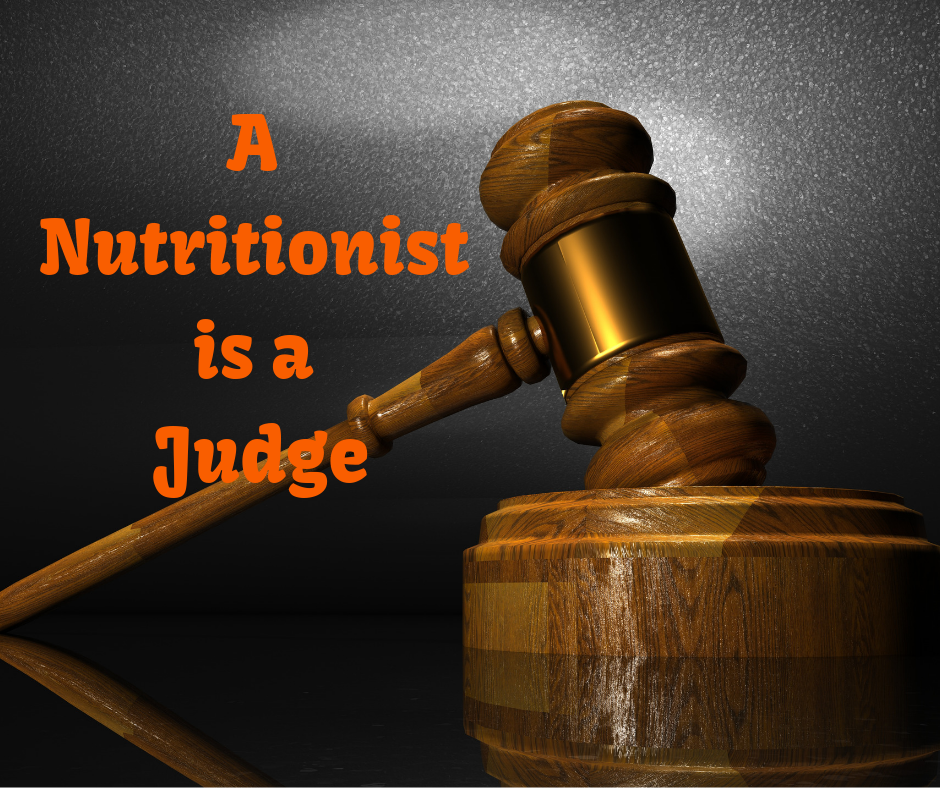Improve Your Cholesterol Profile With The Right Nutrition

2024-02-26 08:24:34
Improve Your Cholesterol Profile With The Right Nutrition
Cholesterol is a specific form of fat molecule that has a variety of activities! It aids in the formation of cell structures, the production of hormones (such as testosterone, oestrogen, and cortisol), the production of vitamin D when exposed to sunlight, wound healing after surgery (which is why you may have heard that our LDL levels rise after surgery), infection fighting by mopping up free radicals at the infection site, and even the elimination of dangerous toxins, to name a few!
Making bile for the body, which is the digestive liquid that breaks down fat content in foods and aids in the absorption of fat-soluble vitamins (A,D,E, and K) from our diets and supplements, is one of its more well-known functions.

If you’re wondering why cholesterol has such a terrible reputation despite all of the good it provides for us, here’s why:
Excess LDL in the bloodstream can cause cholesterol-filled blockages in the arteries to form over time. Angina (chest pain caused by effort or stress), heart attacks, and most types of stroke are all caused by these obstructions. As a result, LDL is commonly referred to as “bad cholesterol.”

There are various factors that contribute to our LDL levels soaring, but a diet high in trans-fats and processed carbohydrates, paired with a sedentary lifestyle, is the primary cause.
As a result, concentrating on our nutrition and making small lifestyle modifications can help us get back into a healthy range.
There are four essential points to remember:
# 1 Get More Protein

In a 12-week research, eating 54 gms of whey protein per day lowered total and LDL cholesterol levels in overweight persons!
Keep in mind, however, that this could be due to the weight-loss benefits of consuming enough protein rather than being a direct effect of doing so.
Whey protein has been found to be effective at moderating diabetic people’s blood sugar levels, which indirectly helps lower their cholesterol.
People with diabetes would also benefit from supplementing with whey protein because they are more likely to have unhealthy levels of LDL than those who aren’t diabetic; whey protein has been found to be effective at moderating diabetic people’s blood sugar levels, which indirectly helps lower their cholesterol.
But a sincere request to not self prescribe supplements. It can prove to be detrimental to your health. Consult an expert nutritionist for the best result.
Although the exact mechanism by which protein lowers cholesterol is unknown at this time, the fact remains that it does. This alone makes it critical for those aiming to lower their cholesterol levels to consume enough protein on a daily basis, ideally 0.8 to 1.2 gms per kg of body weight.
# 2 Add more “Good Fats” to your diet

Artificial trans-fats, sometimes known as “bad fats,” are found in a variety of processed meals, as well as when refined vegetable oils are heated beyond their resistance point, like in most fast and fried food.
Because even little amounts of trans-fats can pile up, it’s better to avoid processed goods that claim “partially hydrogenated oils” as a component, and cook with oils that have a high resistance point.
Instead, you might eat omega-3 fatty acid-rich fish (such as salmon, trout, and mackerel) and walnuts, which are high in minerals and healthful fats. In fact, a study found that consuming walnuts lowers LDL levels considerably. A handful a day could be a terrific way to get started on a healthier lifestyle!
# 3 Consume Fiber Rich Foods

LDL is known to be used in the production of bile for our bodies. Eating high-fiber foods causes the body to produce more bile, which causes it to use more LDL from the bloodstream, reducing its level.
This occurs because when we eat foods high in soluble fibre, the soluble fibre travels to our digestive tract and creates a thick gel around it, effectively trapping its contents. Because the bile in the digestive system can no longer be reabsorbed by the remainder of the body for subsequent use, new bile must be generated using LDL from the blood.
Beta-glucan, a soluble fibre contained in oats, has been shown to help decrease cholesterol levels. In just 4 weeks, a daily intake of 3 gms of beta-glucan can lower total and LDL cholesterol levels in the blood by 5–10%!
One cup of oats contains around 3 gms of beta-glucan. It’s also a good idea to include other sources of soluble fibre in your diet, since this will provide you with additional advantages as well as help you minimise carbohydrate calories.
Pectin from fruits and vegetables, psyllium (isabgol) from numerous seeds, and guar gum from a lot of beans and seeds are all sources of soluble fibre that have been demonstrated to lower LDL.
Whole grains, seeds, notably fenugreek seeds, legumes, fruits, and vegetables are also high in fibre. If you opt to use a fibre supplement, increase the amount gradually to minimise gas and bloating.
When you look at these improvements, they’re actually just small steps, but each one can go a long way toward helping you achieve a healthier lifestyle, especially when combined with the others. All that is required is to begin moving in the right direction.
Ryan Fernando is an Award-winning celebrity Sports Nutritionist with 2GUINNESS world record and 2 Olympic medals under his belt. His client list include Olympic wrestler Sushil Kumar, cricketer Shikhar Dhawan & bollywood superstars Aamir Khan & Abhishek Bachchan. He is CEO & Chief Nutritionist at QUA Nutrition Signature Clinics.




